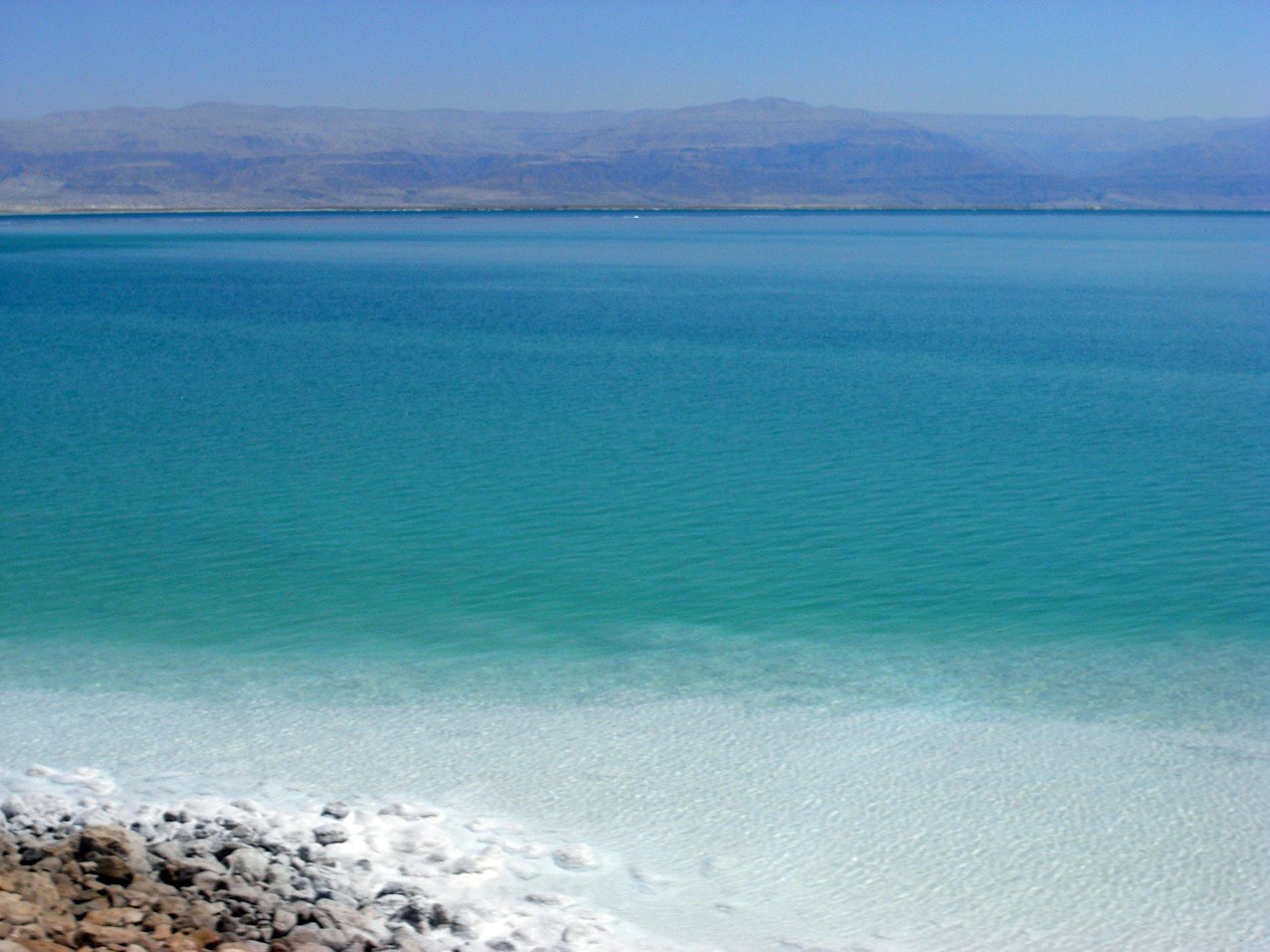 When you hear about climate change it's most often about melting glaciers and sea ice, increasing frequency of heatwaves and powerful storms. Maybe, you'll hear about the acidification of the oceans too. What you don't hear about is the saltiness of the seas. But that's changing too, according to a new piece of research just published in Geophysical Research Letters.
When you hear about climate change it's most often about melting glaciers and sea ice, increasing frequency of heatwaves and powerful storms. Maybe, you'll hear about the acidification of the oceans too. What you don't hear about is the saltiness of the seas. But that's changing too, according to a new piece of research just published in Geophysical Research Letters.The saltiness, or salinity, of the oceans is controlled by how much water is entering the oceans from rivers and rain versus how much is evaporating; what most would recognise as “The Water Cycle.” The more sunshine and heat there is, the more water can evaporate, leaving the salts behind in higher concentrations in some places. Over time, those changes spread out as water moves, changing the salinity profiles of the oceans.
Oceanographers from Scripps Institution of Oceanography and Lawrence Livermore National Laboratory fingerprinted salinity changes from 1955 to 2004 from 60 degrees south latitude to 60 degrees north latitude and down to the depth of 700 meters in the Atlantic, Pacific and Indian oceans. They found salinity changes that matched what they expected from such natural changes as El Niño or volcanic eruptions (the latter can lower evaporation by shading and cooling the atmosphere).
Next the ocean data was compared to 11,000 years of ocean data generated by simulations from 20 of the latest global climate models. When they did that they found that the changes seen in the oceans matched those that would be expected from human forcing of the climate. When they combined temperature changes with the salinity, the human imprint is even clearer, they reported.
“These results add to the evidence that human forcing of the climate is already taking place, and already changing the climate in ways that will have a profound impact on people throughout the world in coming decades,” the oceanographers conclude.
That the oceans are often left out of climate change talk is surprising considering the fact that oceans cover more than 70 percent of the planet and so should logically be expected to show the effects of our excessive releases of carbon dioxide over the last 150 years or so.
Source: Discovery News
Photo courtesy Kudomodo via Flickr (CC BY 2.0)
